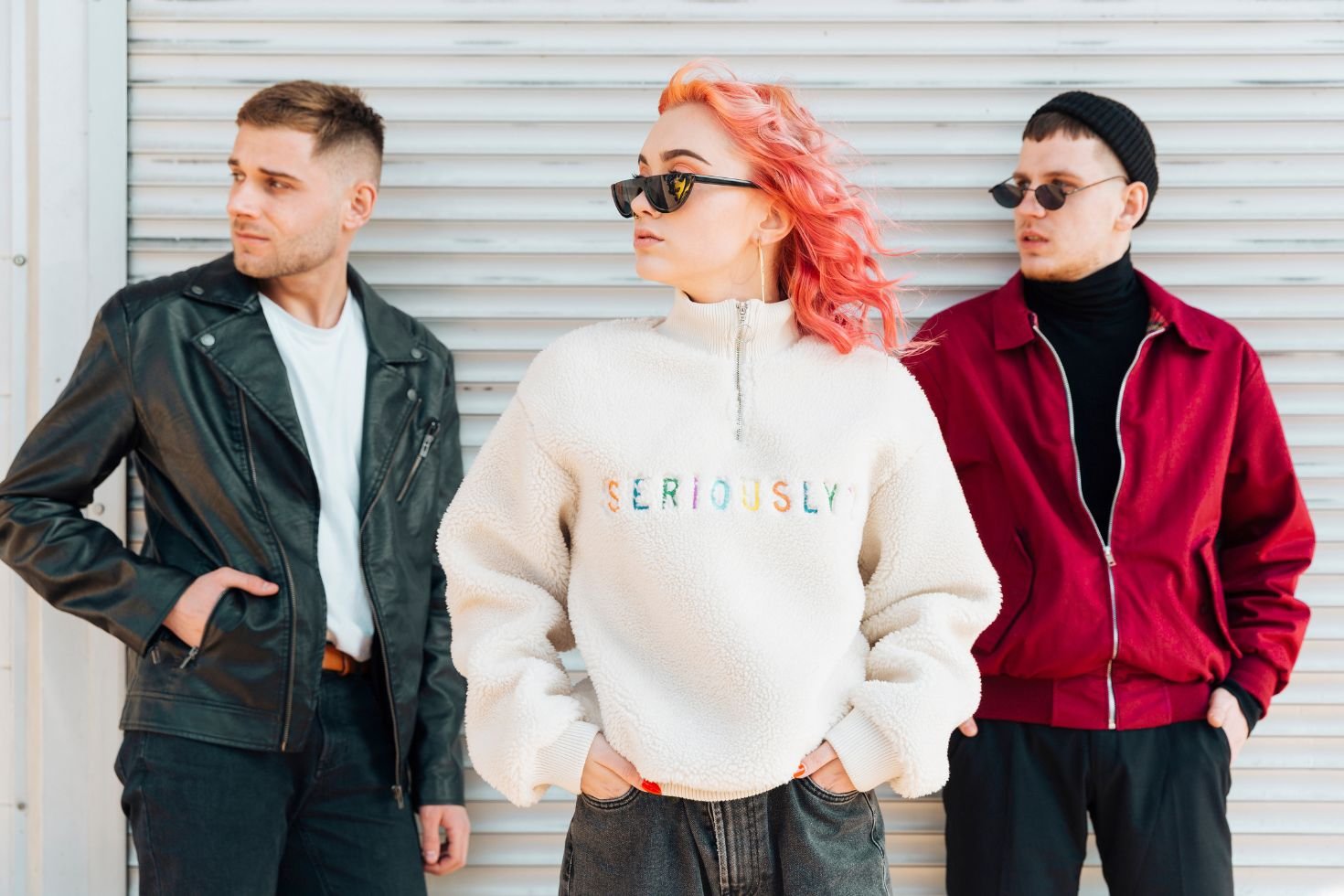What is the Market of Luxury Clothing?
In a world where fashion is a language that speaks volumes about personal style and status, the market of luxury clothing stands as a captivating realm. As trends ebb and flow, the demand for opulent and exclusive garments continues to rise. In this blog, we’ll take a deep dive into the thriving market of luxury clothing, exploring its current landscape, key players, and the factors driving its sustained growth.

The Dynamics of the Luxury Clothing Market:
The luxury clothing market is a dynamic and ever-evolving ecosystem, shaped by a multitude of factors. From the influence of high-profile fashion events to the impact of social media on consumer preferences, this market is in a constant state of flux. Let’s explore the key dynamics that define the landscape of luxury fashion.
- Global Appeal and Market Size: The luxury clothing market has a global footprint, with major fashion capitals like Paris, Milan, and New York setting the stage for iconic brands. The market size continues to expand, fueled by the growing purchasing power of consumers in emerging economies.
- Rise of Online Retail: The digital age has revolutionized the way consumers shop for luxury clothing. E-commerce platforms have become a prominent channel for both established luxury brands and emerging designers to reach a global audience. The convenience of online shopping has significantly contributed to the growth of the luxury clothing market.
- Shift in Consumer Behavior: Modern consumers seek more than just a product; they crave experiences and authenticity. This shift in consumer behavior has prompted luxury brands to adapt their marketing strategies, focusing on storytelling, sustainability, and unique brand experiences to connect with their target audience.
- Influence of Social Media: Platforms like Instagram, Pinterest, and TikTok have become virtual runways, influencing fashion trends and shaping consumer preferences. Luxury brands leverage these platforms to showcase their collections, connect with influencers, and engage with a wider audience.
- Sustainability and Ethical Practices: The growing awareness of environmental issues has prompted a shift towards sustainability in the luxury clothing market. Consumers are increasingly inclined to support brands that prioritize ethical practices, transparency, and eco-friendly initiatives.
Key Players in the Luxury Clothing Market:
- Chanel: A timeless icon in the world of fashion, Chanel continues to set trends with its elegant and sophisticated designs.
- Gucci: Known for its bold and eclectic styles, Gucci has become synonymous with luxury and innovation.
- Louis Vuitton: Renowned for its monogrammed creations and commitment to craftsmanship, Louis Vuitton is a stalwart in the luxury fashion industry.
- Prada: Prada combines avant-garde design with a commitment to quality, appealing to fashion-forward consumers.
- Balenciaga: Balenciaga, under the creative direction of Demna Gvasalia, has gained recognition for its cutting-edge designs and streetwear-inspired aesthetic.
Future Trends and Opportunities:
As we look to the future, the luxury clothing market is poised for continued growth. The intersection of technology, sustainability, and evolving consumer preferences will shape the industry’s trajectory. Brands that successfully navigate these dynamics will not only survive but thrive in this captivating world of luxury fashion. Whether you’re a fashion enthusiast or a brand looking to make a mark in this lucrative market, the journey promises excitement, innovation, and the eternal allure of luxury clothing.

